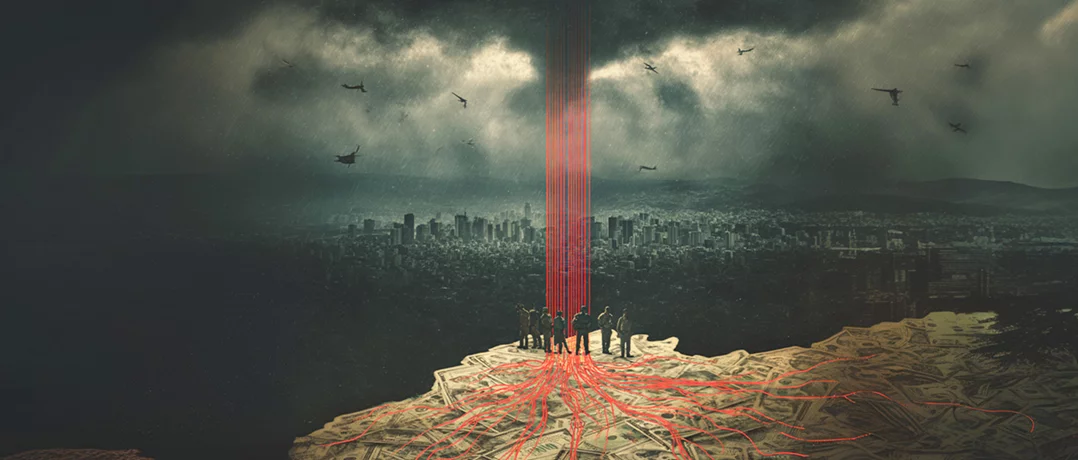Lebanon stands at a crossroads, facing Hezbollah’s growing power, U.S. pressure, and the looming threat of renewed conflict.
Hezbollah prepares for a new war under Iran’s orders
Hezbollah prepares for a new war under Iran’s orders


Lebanon stands at a critical juncture, facing the threat of sanctions and the looming shadow of renewed war. Warnings of deepening security and economic turmoil grow louder, even as Hezbollah presses ahead, bolstering its military and financial might nearly a year after the war with Israel began.
Washington’s alarming signals
Exclusive sources in Washington told The Beiruter that Hezbollah, under direct orders from officers in Iran’s Revolutionary Guard, is preparing for a “new war” expected to erupt in the coming months. These preparations, the sources said, are fueled by hidden financial networks operating beyond the reach of international oversight.
According to the same sources, Hezbollah recently secured $250 million from Iran. The funds were delivered through smugglers in Syria with the assistance of a regional intelligence service coordinating with Tehran. The money reportedly reached Lebanon via “new smuggling routes” not previously in use.
Hezbollah’s expanding finances
Lebanon’s hesitancy to curb Hezbollah’s return to its militia role is increasingly evident, reflected in sharper rhetoric from Washington. U.S. envoy Tom Barrack described Lebanon’s stance as “mere talk” lacking any tangible action, urging the government to take responsibility for disarming Hezbollah.
Barrack also revealed that Hezbollah is receiving up to $60 million a month from “unknown sources.” However, The Beiruter’s own sources noted these funds stem from illicit activities including the Captagon trade, arms sales, and global smuggling networks that funnel money into Lebanon.
U.S. sanctions and countermeasures
Washington and its international partners are finalizing an economic sanctions plan aimed at dismantling Hezbollah’s funding mechanisms. According to The Beiruter, the plan seeks both to block financial transactions linked to Hezbollah and to strengthen Lebanon’s financial monitoring systems to curb illicit financing.
As part of this push, the U.S. State Department’s Rewards for Justice program announced a reward of up to $10 million for information leading to the disruption of financial networks run by Hezbollah financier Ali Qasir, or details on his location and operations. Qasir, a key Hezbollah operative, is accused of managing oil smuggling routes through Syria.
Lebanon’s diplomatic isolation
The Beiruter’s sources further highlighted that rampant corruption within Lebanese institutions, combined with Hezbollah’s unchecked expansion, has cost Lebanon its former priority status in Washington.
The contrast was visible in recent visits: U.S. official Morgan Ortagus traveled to Naqoura to meet with the Quint Committee monitoring ceasefire resolutions and searching for Hezbollah arms depots yet avoided any meetings with Lebanese officials.
Similarly, in New York, Syrian President Ahmad Shar’a once labeled a wanted figure for his role in “terrorist organizations” was received with notable attention and high-level meetings. By contrast, the Lebanese delegation was largely ignored, a stark departure from the spotlight Beirut enjoyed earlier this year during the formation of its new government.
A narrowing window
This shift leaves Lebanon facing a dual challenge: mounting American pressure on one side, and the risk that Washington may withhold support unless Beirut demonstrates genuine reforms and a serious approach to confronting Hezbollah’s influence.
Barrack’s warnings were more than diplomatic rhetoric; they served as an early alarm of inevitable security escalation if Hezbollah’s new financial and military corridors remain open. The coming months may prove decisive, determining whether Lebanon can avert another devastating war or once again find itself trapped on the frontlines.

